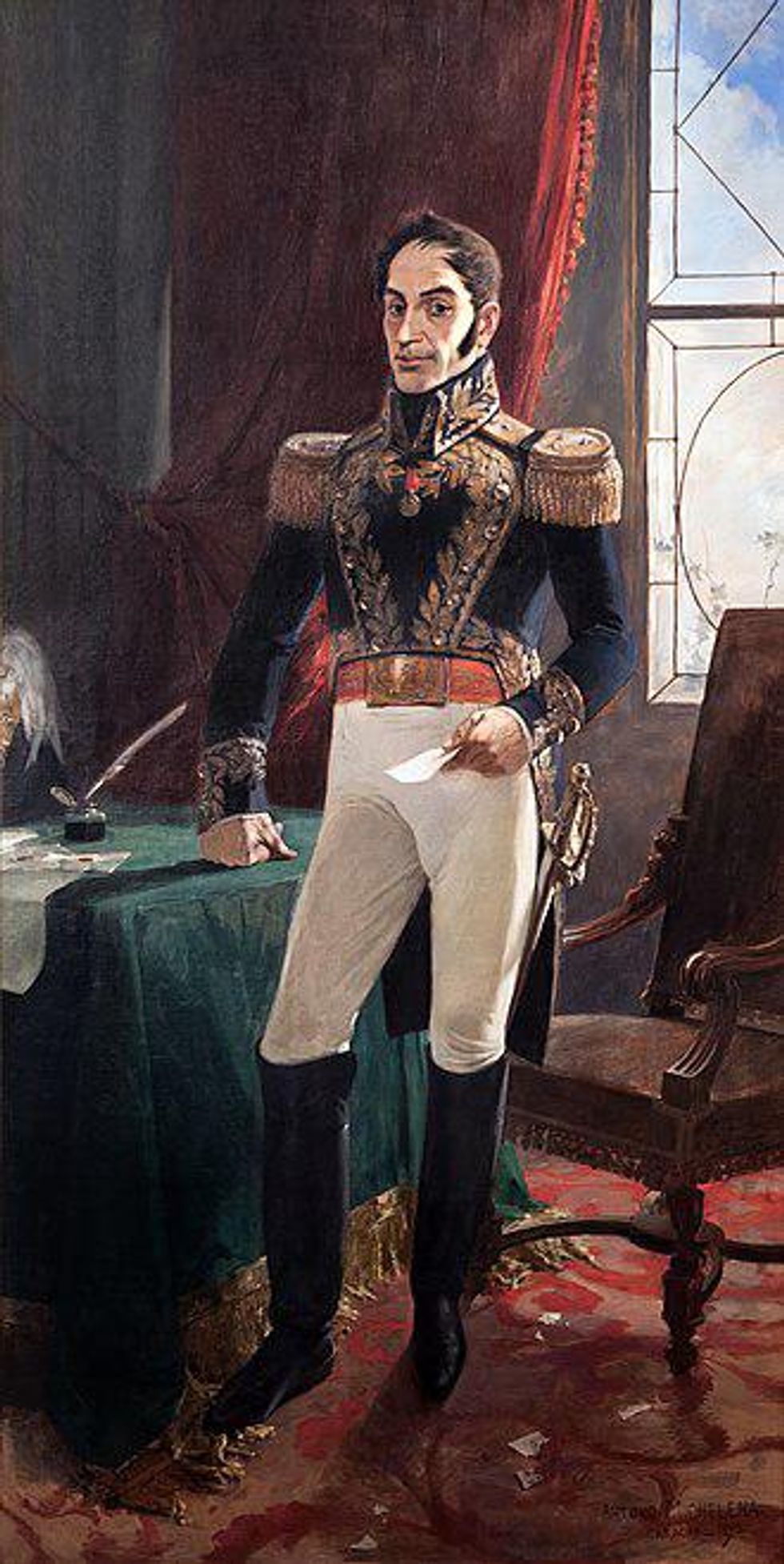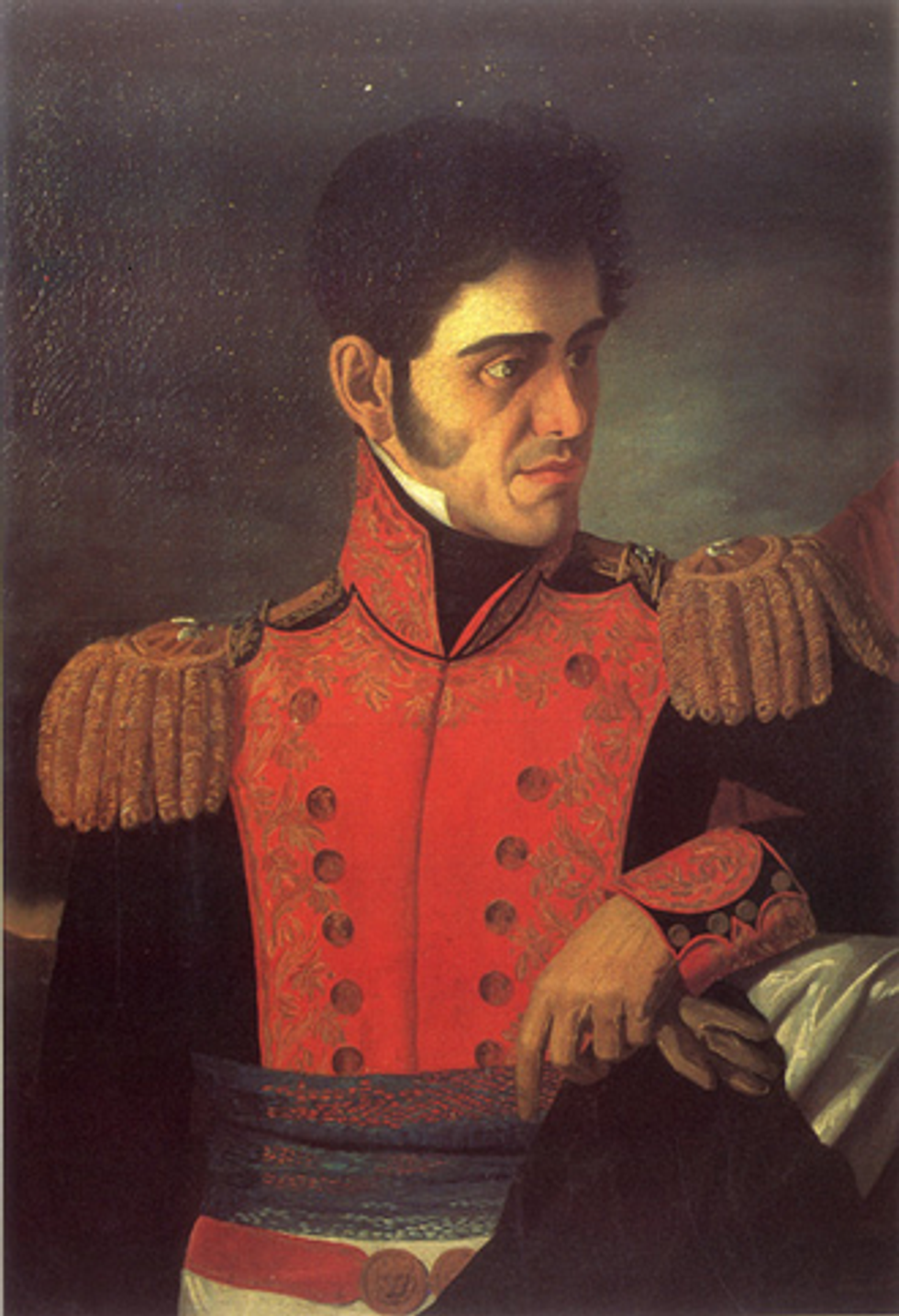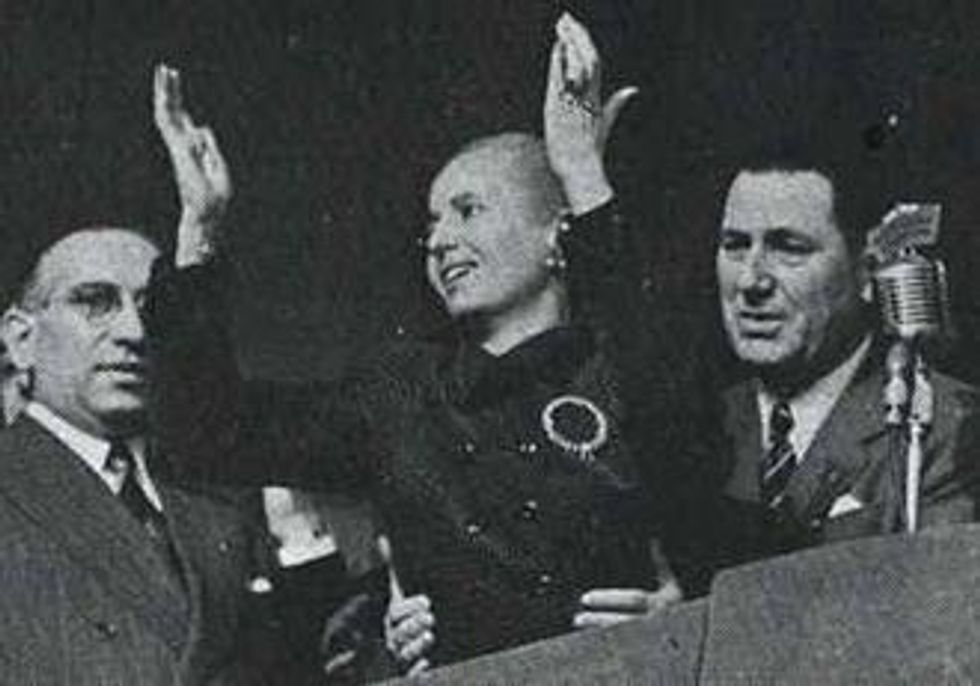Latin America is one of the most ignored parts of history classes, at least in my experience. Today, I wanted to talk about some famous historical figures from Latin America that may pique your interest and make you want to learn more about this fascinating and overlooked part of the globe. A side note before we begin: all history, but especially Latin American history, is very complex and nuanced, and every one of these figures is controversial for one reason or another; my goal here is to expose you to some interesting people and get you to dig into the history yourself because I couldn't possibly do it justice or properly educate anyone on these topics in a 1000 words. Cool? Let's jump right into it!

1. Simon Bolivar
Starting off our all-too-brief journey through Latin American history is probably the most famous historical figure on this list, the great general, political mastermind, El Libertador, Simon Bolivar! Bolivar is known across most of South America simply as 'the Liberator' since he played a role in almost every South American country's war of independence against Spain during the 1800s. He may have only done this one thing successfully, but that one thing was an incredible undertaking with odds heavily stacked against him that spanned an entire CONTINENT! Bolivar's story is far too complex to recount in its entirety here, but you could call him the "George Washington" of South America. While that statement is a pretty big stretch, it should give you an idea of the magnitude of his impact on the region; just as Washington looms large over the United States, so does Bolivar over South America. Unfortunately, Bolivar's greatest dream, a united nation of Gran Colombia would not outlive him. However, he did get a whole country (Bolivia, in case you haven't guessed) named after him, which is a pretty cool honor.

2. Santa Anna
Next up we have the Mexican caudillo known as Santa Anna. While many of my fellow Texans will recognize Santa Anna from our Texas history classes, he is so much more than 'the Mexican general Texas defeated'. Santa Anna was a major figure for a huge portion of Mexican history, having significant influence for the first 40 years of its independence, and is also one of the most complex and divisive figures in the period. Santa Anna was a competent soldier and general, nicknamed the "Napoleon of the West" as he strongly admired and studied the French emperor. However, his politics became problematic, as he fought both for and against independence at different times, rebelled against the newly independent government almost immediately after winning the independence war, and failed to effectively rule after being elected president. It is also important to note that Santa Anna did cause tragedies in Mexico due to his refusal to surrender during the Mexican-American War, during which he was president; this led to countless soldiers dying who did not have to, as well as major cities such as Veracruz being put under occupation for far longer than was necessary. To say Santa Anna is controversial is an understatement, but his controversy is what makes him worth studying.

3. Eva Peron
Eva Peron is one of the most influential women in Latin American history. She was the wife of President Juan Peron during the 1940s and 50s and gained a reputation as a supporter of women's rights in Argentina as well as performing a tremendous amount of charitable work. She and her husband worked together to form the platform of Peronism, a unique political ideology that synthesizes nationalism and collectivism - most notable is that both Juan and Eva abhorred poverty and fought tirelessly against it. Eva would work up to 22 hours a day for weeks on end, exhausting herself as she did whatever she could to help the poor of Argentina by doing everything from giving scholarships and donating clothing to equalizing healthcare access and building entire new communities. While Peronism does have many valid criticisms about its tendency towards authoritarianism and Juan Peron's friendliness towards fascism, it cannot be denied that Eva cared about the people of Argentina and still symbolizes the hope for a better future for this day.



















